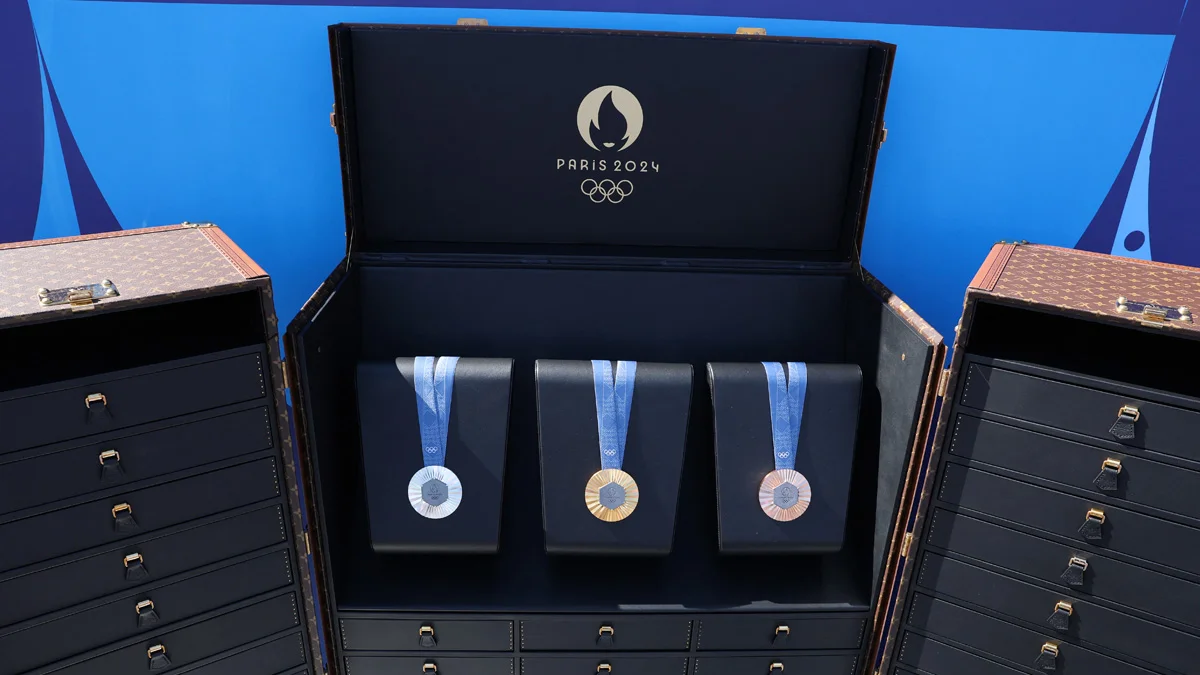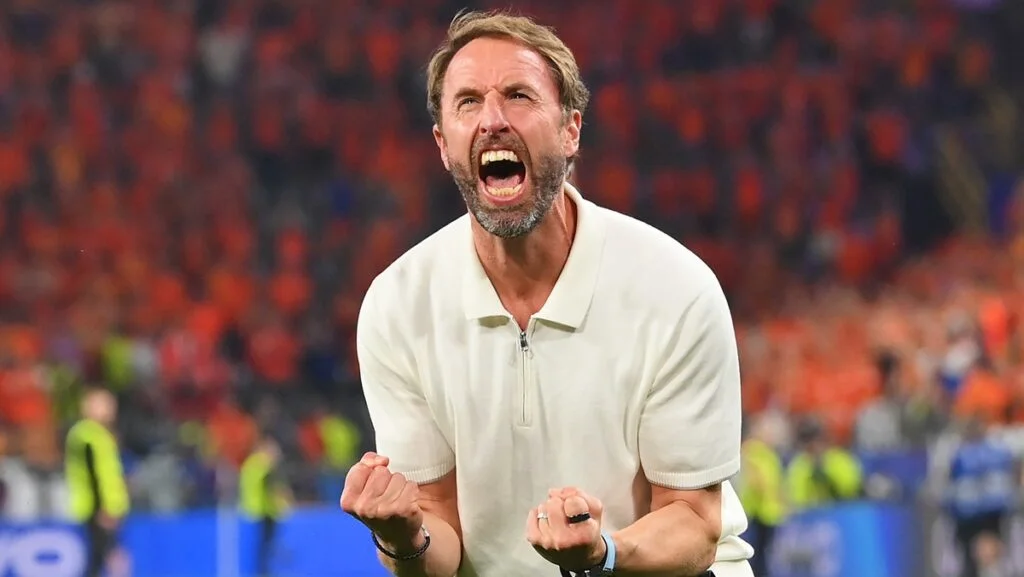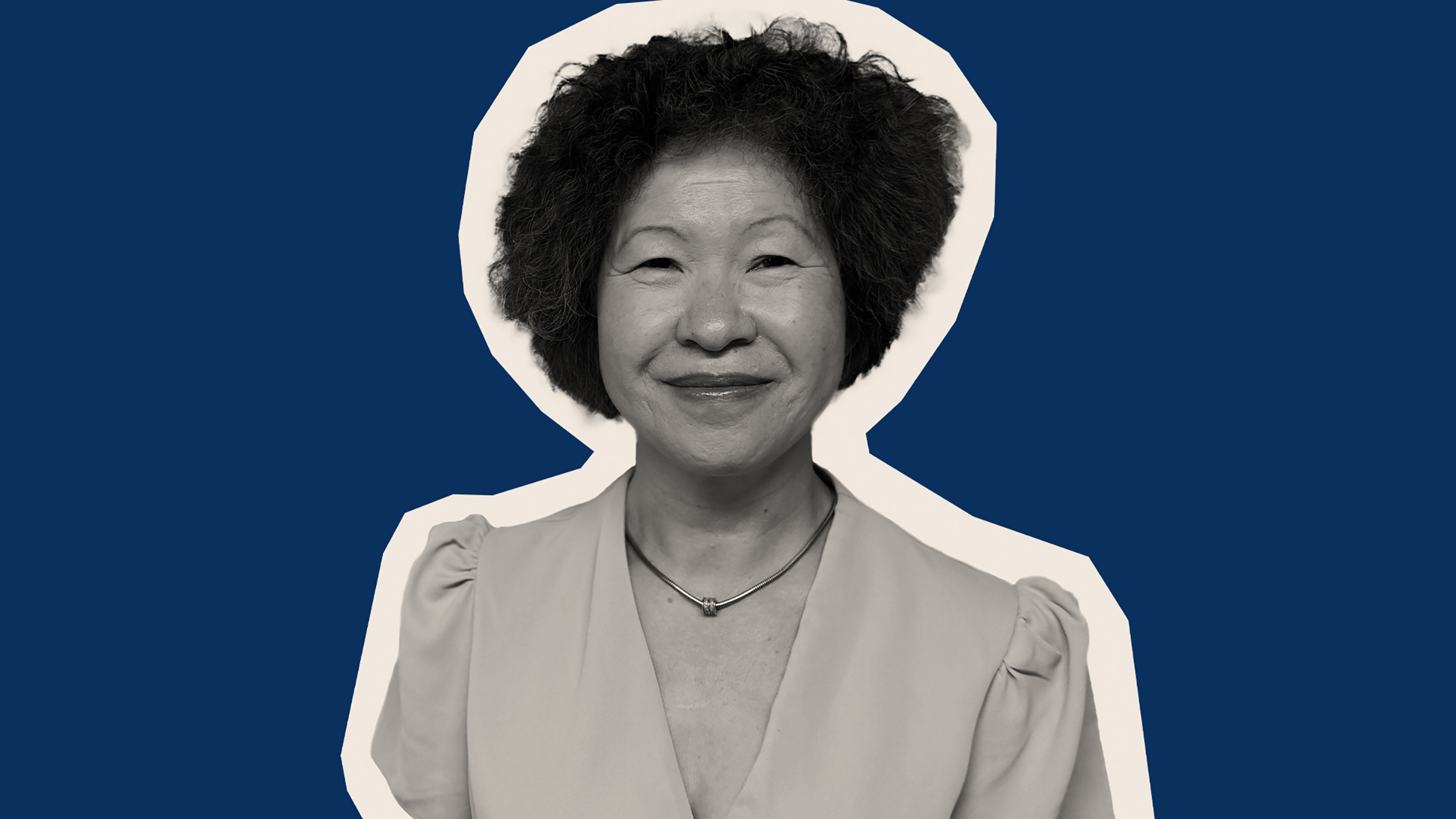
This summer, I spent a lot of my time watching Euro 2024 and the 2024 Olympics in Paris. The general conversation about how we frame success interested me. The disapproval that Gareth Southgate received for taking England to successive Euro finals – being beaten on penalties by Italy three years ago and being beaten by a single goal against Spain this year – was incredible.
I had a message from someone very high up in the England football camp following the defeat. The phrase they used was: “We just about managed to get through with all the criticism.” Afterwards, it was the turn of the Olympic Games. I was amazed by the number of times I heard commentators saying that some results were “only a silver medal”.

Framing that being the second-best person in the world at your chosen discipline is something that deserves any sort of negativity is shocking. Research by the University of Iowa found that people are more disappointed with silver than with bronze. The reason for this is psychological. If you win a bronze medal then your brain goes: “Oh wow, I almost didn’t win a medal at all. How cool, that I managed to get a bronze one.”
Obviously, if you win gold, you’re delighted. But the most dissatisfied person on that podium is the silver medal winner. They are the person who thinks: “Oh, a little bit more and perhaps I could have got myself a gold medal.” The reason why we need to reframe the way we talk about success in sport is not necessarily for the people who are competing now, but for the next generation.
Simone Biles, the gymnast, felt the need to go public to talk about her frustration at athletes being asked what comes after a gold performance. “You guys really have to stop asking athletes what’s next after they win a medal at the Olympics,” she posted on social media. “Let us soak up the moment we’ve worked our whole lives for.”

If you look at the stats, Lewis Hamilton, Tiger Woods and Roger Federer all realised that life is a losing game. Federer gave a great speech recently where he said he won 80 per cent of his singles matches but only 54 per cent of the points. So 46 per cent of the points that Federer played in his career, he lost. The reason why it’s important to talk about this is because if those 46 per cent of points had derailed Federer, or he’d seen them as a failure, he would never have gone on to win the other 54 per cent. It’s an outlook that’s made him probably the greatest tennis player of all time.
So my message from this summer of sport is to look at the fact that just competing is a success, getting close to victory is a success and, at times, failure is a success. The number of athletes who have not achieved what they wanted this summer but have said it’s fuelled them to fight harder in the future should inspire us all.
Jake Humphrey is the host of the High Performance podcast and co-founder of Whisper Group.
Related and recommended

The technology is being used to redefine leadership, strategy and time management for modern bosses

Ebike entrepreneur Caroline Seton explains why start-ups should withstand external pressures to change course

Tom Crowley explains his philosophy for running successful high street food businesses

The travel tour entrepreneur’s business is thriving after the pandemic because she listened to customers

